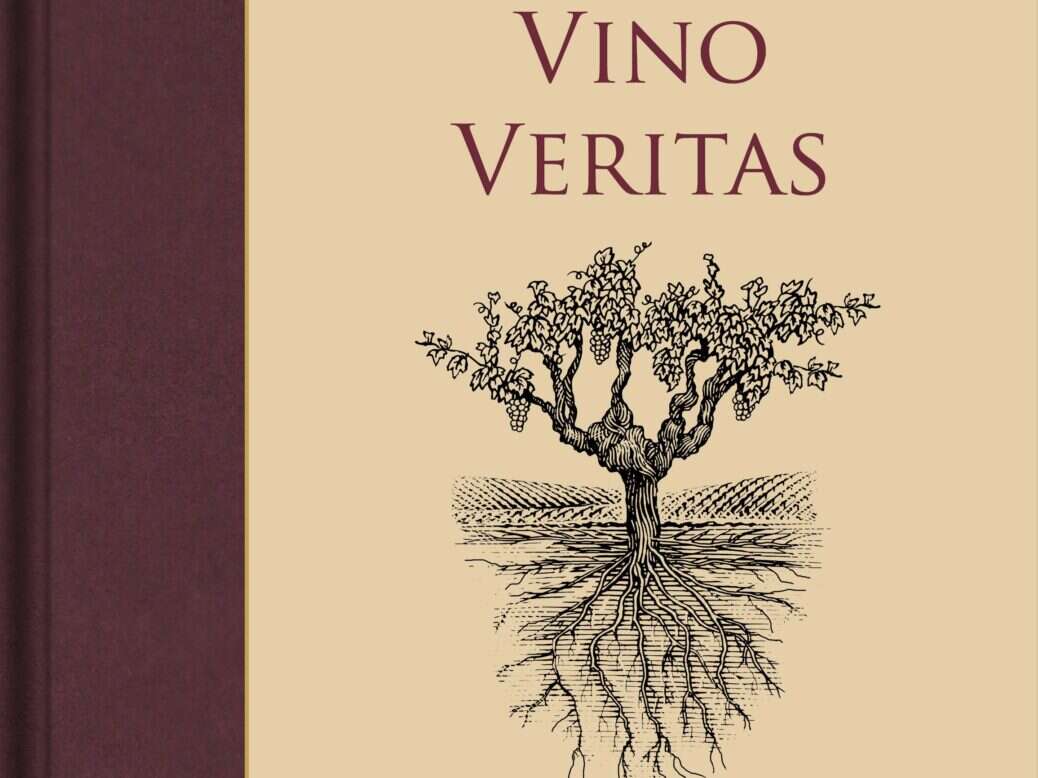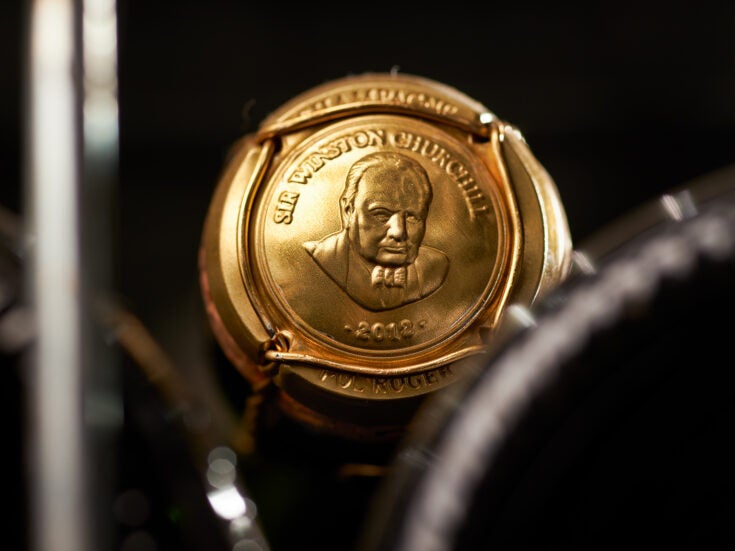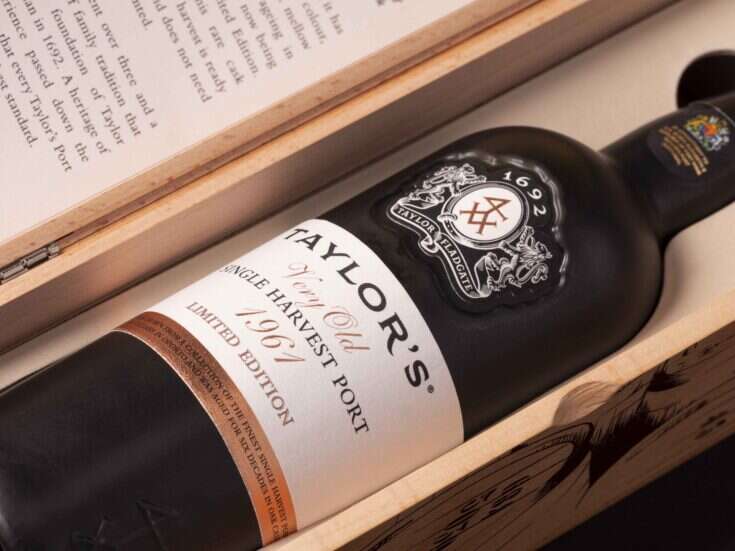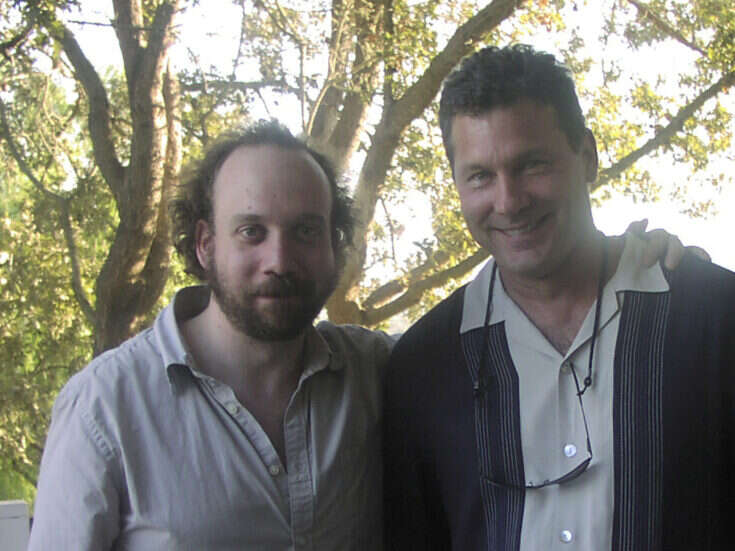
Timely highlights of wine writing make a literary buffet on which to feast
By now, in this plague year, most of us may be feeling more than a bit like the poor dupe in Edgar Allen Poe’s “A Cask of Amontillado,” walled into a wine-cellar’s alcove, maneuvered into claustrophobic isolation in an extreme of anti-social distancing, and frustrated at being unable to expansively share one of the best things ever created for expansive sharing. Denied wine’s bridge to gregariousness, “cabined, cribbed, confined, bound in to saucy doubts and fears,” as Macbeth once complained, we need an antidote, and rummaging around in this anthology of wine writing is a good one; it’s a set of keys to open the windows and let some sun shine in again.
After all, it’s surely happened before. Looking back, it seems as if wine writing, or at least wine commentary, has been around almost as long as wine itself. Scratched on the sides of amphoras, etched into the bowls of rather copious drinking vessels, captured in Greek odes, commodified by Roman merchants, and rhapsodized by Chinese poets, the extensive foundations were laid thousands of years ago, solid enough to support the construction of a never-ending scaffolding, good, bad, and, lately, numerical. As Hugh Johnson notes in his introduction here, “It is a drink piled high with opinions, judgements, jungles of science and thousands of years’ worth of cultural baggage. It is its baggage that defines it—and makes it fill a huge and fascinating library.”
This book is inspired by Cyril Ray’s The Compleat Imbiber series of anthologies, 16 in all, which ran from 1957 until 1992, adroitly cherry-picking that library. Ray, who often had a mischievous twinkle in his editorial eye, tended to lean toward the amusing side of wine, while this collection is generally a bit more serious, though without succumbing to what Paul Levy once called “the spinach principle,” that is, nothing is included just because it’s good for you; there’s entertainment, useful bits, unsettled arguments, and inducements: go on, have another, enjoy.
Harvest and the heroic age
You could start anywhere, but the best and most evocative curtain-raiser is surely “Le Pin: The First Day of the Harvest,” by Fiona Morrison MW, its chatelaine, who takes us from a pre-dawn drizzle, through an apprehensive and hopeful rehearsal of the forthcoming day’s events, mechanical fiddling (including balky sparkplugs and the generator’s “drone that interferes with this timeless, bucolic scene”), to the lovely wonder of “that gorgeous fruity, yeasty, gassy, heady smell of new grapes as their skins split,” to sunset, when all the equipment is washed down by a tired crew, to be ready for the next day’s repeat performance.
From there, you could ramble through Saintsbury, Vizetelly, Maurice Healy, PG Wodehouse, H Warner Allen, and Cyrus Redding, old-time stylists of the sort that seems even more old-time in this age of screens, scrolling, and apps. Besides some philosophical quips, quibbles, and one-upmanship, you may also acquire some new words: I got “ferruginous” and “alcohologist,” and was happy to be nudged into remembering “omnibibulous” and “cacographist.”
The most intriguing of these elders is surely the heroic wine merchant Walter Berry, whose idea of a good working day was a morning tasting at seven widely scattered Bordeaux châteaux (a typical tasting note: “much too old for its age”), followed by a lunch of sauteed mushrooms, pheasant, and two kinds of truffled pâtés, accompanied by a chorus of wines, including Haut-Brion, Bel-Air, and Cheval Blanc. He skipped a finale of cheese, on the grounds that he “had work to do in the Médoc”—visits to four more châteaux, before settling for a “quiet dinner” bookended by Champagne and Cognac, and early to bed. Even heroes must rest.
Baggage for the long haul
On the other hand, Michael Broadbent’s easy charm and erudition shine a light on different realities, in “My Wife and Hard Wines,” as he and Daphne trawl through the cellars of castles and grand houses in search of vinous treasures to auction, “keeping the chill off by lighting the place with oil lamps and dressing like Icelandic fishermen,” undeterred by mummified rats and an occasional snake, rewarded with wines his meticulous notes still bring to life.
Literary treasures are unearthed as well. Unless you have a heart of stone, you’ll fall in love with Colette, whose novels and essays not only celebrated wine, but also described it so well that she was deemed “our most perceptive wine writer” and given a prize of 100 bottles of fine Meursault by Burgundian enologists. (“I was very well brought up,” she once wrote. “I was no more than three when my father offered me a glassful of the sun-burnt wine from his native Midi: le Muscat de Frontignan.”) On the other hand, Baudelaire, the emblematic bohemian poet and author of “Du Vin et du Hachisch,” is revealed as something of an eccentric, slightly loony drudge in Giles MacDonogh’s drily witty account. I’d put Baron Philippe de Rothschild in here as well, in collaboration with Joan Littlewood, as their tale of the beginnings of château bottling and Mouton’s art labels is a model of storytelling.
There’s much more, of course; this is baggage for the long haul: Travel with Hugh Johnson, chagrin with Tony Aspler, arguments with Burgundy by several authors, tasting with Steven Spurrier, ruminations and examples of “the dialogue between art and wine” including his own fine, bold paintings, by Andrew Caillard MW, a thoughtful, elegant meditation by Gerald Asher on matching wines, not with food but with other wines, to their benefit, and of course ours. And even more—this is a Walter Berry of a literary buffet, with only one dud dish, a pedantic, patronizing anomaly of a sermon by George Orwell on brewing tea. As Falstaff noted, good wine needs no bush; he’d surely add that it needs no tea-break, either. No matter, the road goes on, and this book, perhaps the first of many such, is cheerful evidence that with wine, the wind is always at your back.
Published by Académie du Vin Library; £25






